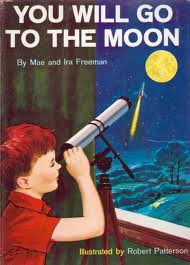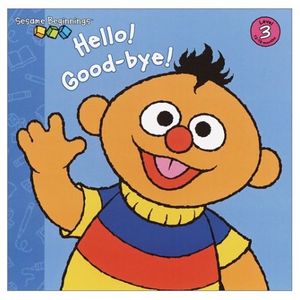The previous blog post presented a conversation in Dieri and readers were invited to test their language knowledge by answering some questions about it. In this blog we give a translation of the conversation, the answers to the questions, and some notes on grammar.
Translation
Speaker A: Hey. How are you younger brother/sister?
Speaker B: I’m good. How are you older sister?
Speaker A: I’m not good. My stomach is bad
Speaker B: Why?
Speaker A: I must have eaten some rotten meat. My stomach hurts
Speaker B: Go home to our camp and have a sleep
Speaker A: I don’t want to leave you alone here
Speaker B: Don’t say that. Go home to our camp so mother can look after you
Speaker A: OK, younger brother/sister. I’m going home now
Speaker B: Run quickly!
Questions and Answers
- What is the relationship between Speaker A and Speaker B? — they are related as older sister and younger brother or sister (Dieri does not make a gender difference for younger siblings so we can’t tell if Speaker B is male ‘younger brother’ or female ‘younger sister’).
In Dieri two people who are related in this way are called kaku-mara which uses the ending -mara. You can add this ending to any term “X” that refers to an older relative and X-mara means ‘a group of two or more people where one of them is called X by the others’. So, kaku-mara means ‘a group of two or more people one of whom is called ‘older sister’ by the others’. Dieri has a lot of these kinds of useful short-hand expressions: ngandri-mara means ‘a group made up of mother and her children’ (from ngandri ‘mother’) and kadnhini-mara means ‘a group made up of grandmother and her grandchildren’ (from kadnhini ‘mother’s mother, grandmother’). - Is Speaker A male or female? — Speaker A is female. She is the older sister of Speaker B.
- What happened to Speaker A earlier in the day? — Speaker A says she might have eaten some rotten meat earlier. Note that the use of the auxiliary warayi tells us that it was earlier today, not before.
- What does Speaker B suggest that Speaker A does? — Speaker B suggests that the older sister goes back home to have a sleep.
- Why doesn’t speaker A want to do this? — Speaker A does not want to leave her younger brother or sister alone. Notice the use of the modifier kurnu-kurnu which is a doubling of kurnu ‘one, alone’.
- What happens in the end? — Speaker B tells Speaker A not to worry and to go home so that their mother can look after her. Notice the use of ngandriyali which consists of ngandri ‘mother’ and the ending -yali to mark transitive subject (mother is the one who does the looking after), nhayinhayiparnanthu which consists of nhayi- ‘to see, look’ (repeated) and the endings -ipa ‘do something for someone else’ (so nhayipa means ‘to look after’) and -rnanthu which means ‘purposive action done by someone other than the subject of the main action’. Here what we have is ‘you go home to our camp so mother can look after you’ — ‘you’ and ‘mother’ are different so we must use -rnathu on the second verb here. If we had something like ‘you go home to our camp so you can look after mother’ then we would use the ending -lha for ‘same subject’ and the resulting sentence would be: Thikamayi ngaldrarni nguraya ngandri nhayinhayipalha.
Notice that the last sentence uses the order form of the verb mindri-rna ‘to run’, so mindriyamayi, plus the doubled modifier nhurru ‘quick, fast’ to mean ‘really quickly’.
Note: the title of this blog means ‘Translation’ and consists of two parts. The element kartyimalkani is based on the root verb kartyimalka-rna ‘to turn over, translate’ and the ending -ni which creates an abstract noun referring to the action expressed by the verb, so ‘translating’. The second element is yawarra ‘word, language’ so taken together this means ‘translating words’. Other examples of the -ni ending are the following:
- ngankani ‘work, job’ (from nganka-rna ‘to do, make, work’) as in ngakarni ngankani katyu ‘my work clothes’
- thukatharrini ‘riding’ (from thukatharri-rna ‘to ride, be carried on the back’ which is derived from thuka-rna ‘to carry on the back’ plus the ending -tharri which here makes the verb intransitive meaning ‘to be carried on the back, ride’) as in yingkarni thukatharrini nhantu ‘your riding horse’










